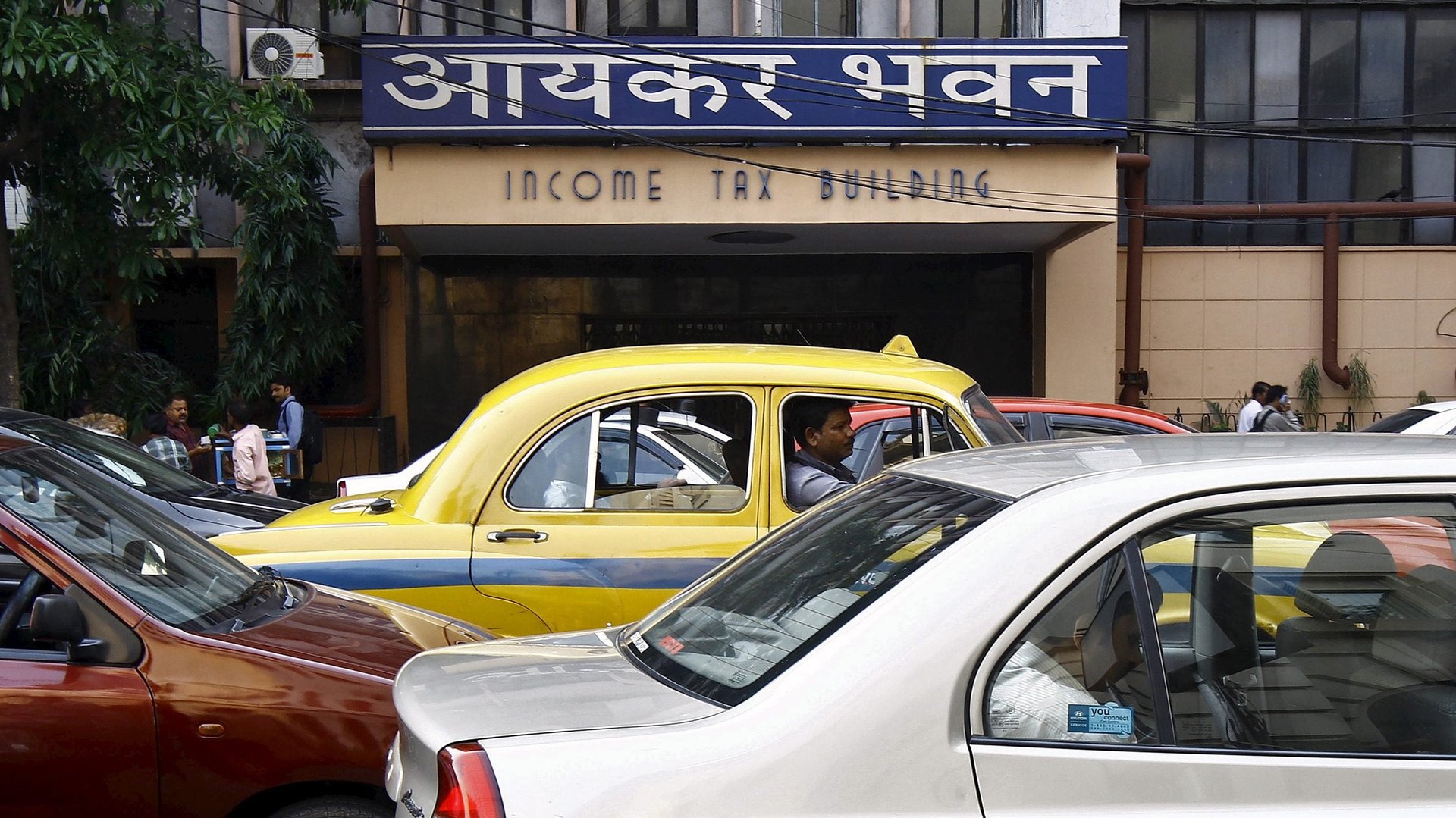Indian IT is worried about one particular tax holiday this budget season
The Covid-19 pandemic has changed the dynamics of many industries around the world. While some businesses are struggling to stay relevant, others are growing faster than before. But the pandemic has left India’s over $200 billion IT outsourcing industry in a rather precarious spot.


The Covid-19 pandemic has changed the dynamics of many industries around the world. While some businesses are struggling to stay relevant, others are growing faster than before. But the pandemic has left India’s over $200 billion IT outsourcing industry in a rather precarious spot.
With the majority of the Indian IT workforce working from home for most of 2020—and expectations that the trend will continue going forward—the tax benefits that these companies get under the Special Economic Zones Act, 2005, have come under the scanner.
First introduced in April 2000, SEZs are duty-free enclaves that offer 100% income tax exemption on revenue from exports for the first five years and 50% for the next five years. Furthermore, for another five years, 50% of the export profit can be plowed back into the SEZ Reinvestment Reserve. The scheme was launched to support foreign investment and provide a competitive and hassle-free environment for exports by domestic enterprises and manufacturers.
As of Sept. 30, 2020, there were 262 operational SEZs in the country. The biggest IT players each have offices in multiple SEZs spread across the nation:
However, since employees are now working from remote locations, a cloud of doubt looms on how much income is truly tax-exempt.
An aggressive interpretation of the regulation could mean that only income earned from activities carried out at offices in SEZs would be eligible for a tax holiday, India’s IT industry trade body Nasscom said.
“There is a need to clarify, whether services delivered by employees of SEZ based IT-ITeS units, virtually from their home location, shall be eligible for income-tax holiday,” Naveen Aggarwal, partner at consultancy KPMG’s tax division in India, said. “This would not only ensure that future litigation is minimised but also provide some elbow room to the sector to drive higher operational efficiencies.”
Industry players argue that physical boundaries should be no measure when it comes to claiming customs waivers. ”The geographical bound of SEZs is a bane,” said Nikhil Ramaswamy, co-founder & CEO of CynLr, a Bengaluru-based startup building visual object intelligence for industrial robots. “Customs benefits for imports done by startups where the integrated product is exported will make us much more competitive in the global context, and this is also fundamental to an Atmanirbhar (self-sufficient) India serving the world.”
Already the process of selecting SEZ sites is corrupted by self-serving political agendas. Another bone of contention is the SEZ Reinvestment Reserve, which can be utilised for the purchase of plant and machinery within three years from the creation of the reserve.
“This provision is restrictive for IT-BPM companies as generally these technology companies have asset-light business model and do not have significant investments in plant and machinery, unlike traditional manufacturing businesses,” Nasscom said. This is especially true now that cloud-based services dismiss the requirement of huge investment in computers and servers by the software industry. This efficiency and tech advancement shouldn’t cost these businesses their tax holiday, the advocacy group added.